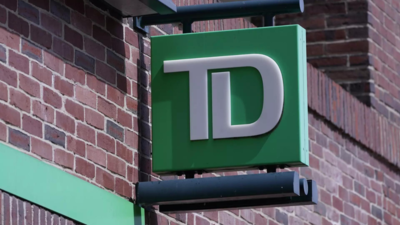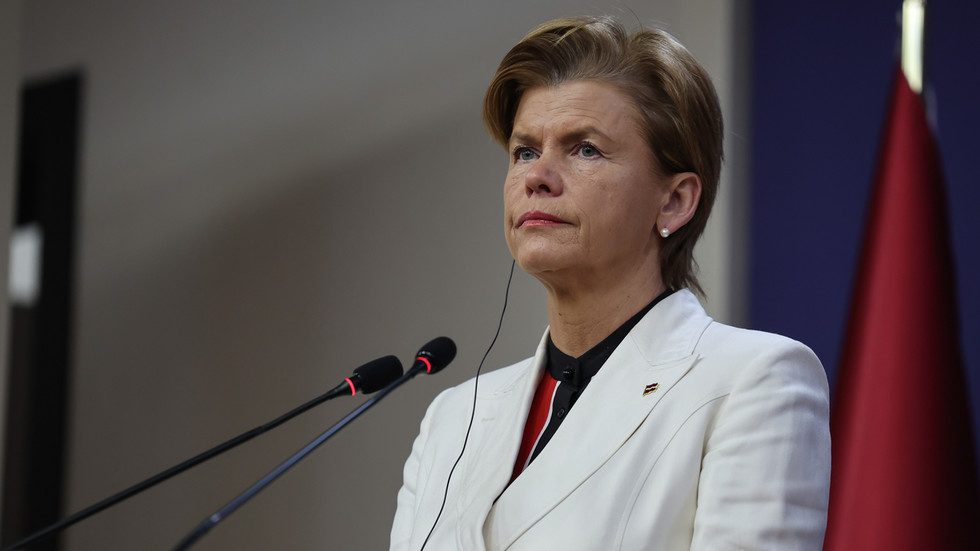
TD Bank (Picture credit: AP)
TD Bank
has become the largest bank in US history to plead guilty to breaking federal
money laundering
laws. The bank has agreed to pay $3 billion in penalties, as announced by government officials on Thursday.
The bank admitted to conspiring to launder money and failing to file accurate reports or maintain a compliant
anti-money laundering
program. This led to over $18 trillion in customer activity going unmonitored for about ten years.
US authorities reported that three money laundering networks were able to move illicit funds through the bank’s accounts.
Attorney general
Merrick Garland
said, “TD Bank chose profits over compliance in order to keep its costs down.” He stressed that bank employees "openly joked" about the lack of compliance on several occasions.
The bank now faces an
asset cap
and other business limitations. This cap, imposed by the Office of the Comptroller of the Currency (OCC), is a rare and severe measure. It restricts TD from opening new branches or entering new markets without OCC approval.
The $3 billion penalty will be distributed among the Justice Department, U.S. banking regulators, and the Treasury Department’s
Financial Crimes
Enforcement Network. This settlement resolves investigations by multiple federal agencies and includes independent monitoring of the bank.
Analysts had predicted that an asset cap could significantly affect TD Bank. Lemar Persaud of Cormark Securities noted that TD's situation is similar to
Wells Fargo
, which also faced an asset cap due to a previous scandal. Persaud mentioned, “The TD probe has led to significant underperformance of the stock, and we believe, the retirement of the current CEO,
Bharat Masrani
.”
TD Bank is Canada's second-largest bank and ranks tenth in the US. The bank began responding to regulatory inquiries last year, soon after it canceled a $13 billion acquisition of
First Horizon
. The investigation started when federal agents uncovered a Chinese criminal operation using TD branches to launder drug money.
TD has invested in strengthening its compliance programs and has fired numerous staff members in its US branches.
The bank recently appointed Ray Chun, its Canadian personal banking head, as the new CEO. CEO Bharat Masrani, in charge for nearly a decade and previously leading its US operations, will retire next year. Masrani has taken full responsibility for the bank’s compliance issues.

 2 months ago
13
2 months ago
13









